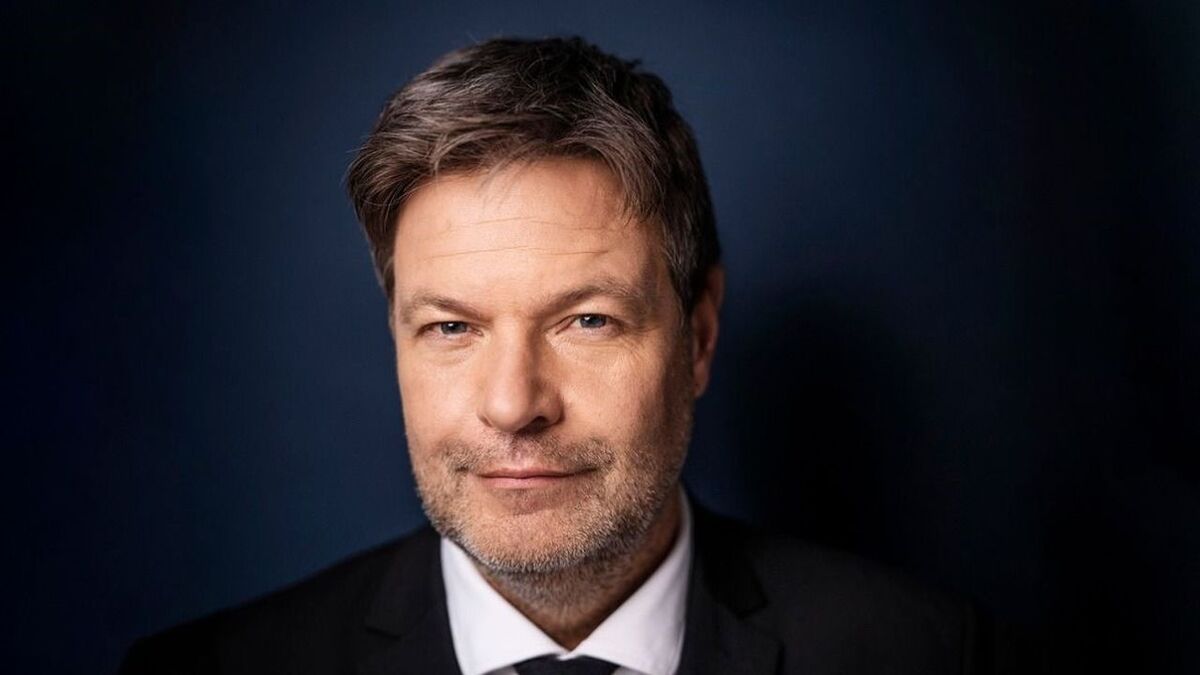 Vice Chancellor Robert Habeck reiterated Germany’s desire to lessen its dependence on Russian gas
Vice Chancellor Robert Habeck reiterated Germany’s desire to lessen its dependence on Russian gas
Germany’s Federal Ministry for Economic Affairs and Climate Action (BMWK) and energy firms Uniper, RWE, EnBW and VNG signed a memorandum of understanding (MoU) to supply the floating liquefied natural gas terminals in Brunsbüttel and Wilhelmshaven from the turn of the year
While Germany lacks land-based LNG terminals, the country is eyeing FSRUs and chartering four units to provide a temporary fix to reduce its dependence on Russian gas. The federal government passed the LNG Acceleration Act to shorten approval procedures for LNG terminals which will make it possible to commission the FSRU faster.
BMWK says Germany will use these vessels at full capacity as soon as they are commissioned in winter /23.
The two terminals will be operated by Uniper and RWE on an interim basis until a special purpose entity takes over operations. The Ministry envisages all FSRUs being operated by special-purpose entities eventually.
In addition, EnBW and its subsidiary VNG are responsible for supplying the FSRUs. The units will be chartered from shipownersHöegh LNGand Dynagas.
Together, these FSRUs represent an annual regasification capacity of up to 12.5Bn m3.
German vice chancellor and federal minister for economic affairs and climate action Robert Habeck said, “By importing LNG, we are making ourselves less dependent on imports of Russian pipeline gas. This aspiration has remained imperative since Russia’s war of aggression against Ukraine.”
“That is why the federal government chartered four FSRUs. The first two are scheduled to start 2022-2023 in Brunsbüttel and Wilhelmshaven, and the planning and work for this is on schedule.”
“The MoU offers the necessary security that these FSRUs will be fully utilised for the next two winters and thus make a maximum contribution to security of supply in Germany and Europe.”





